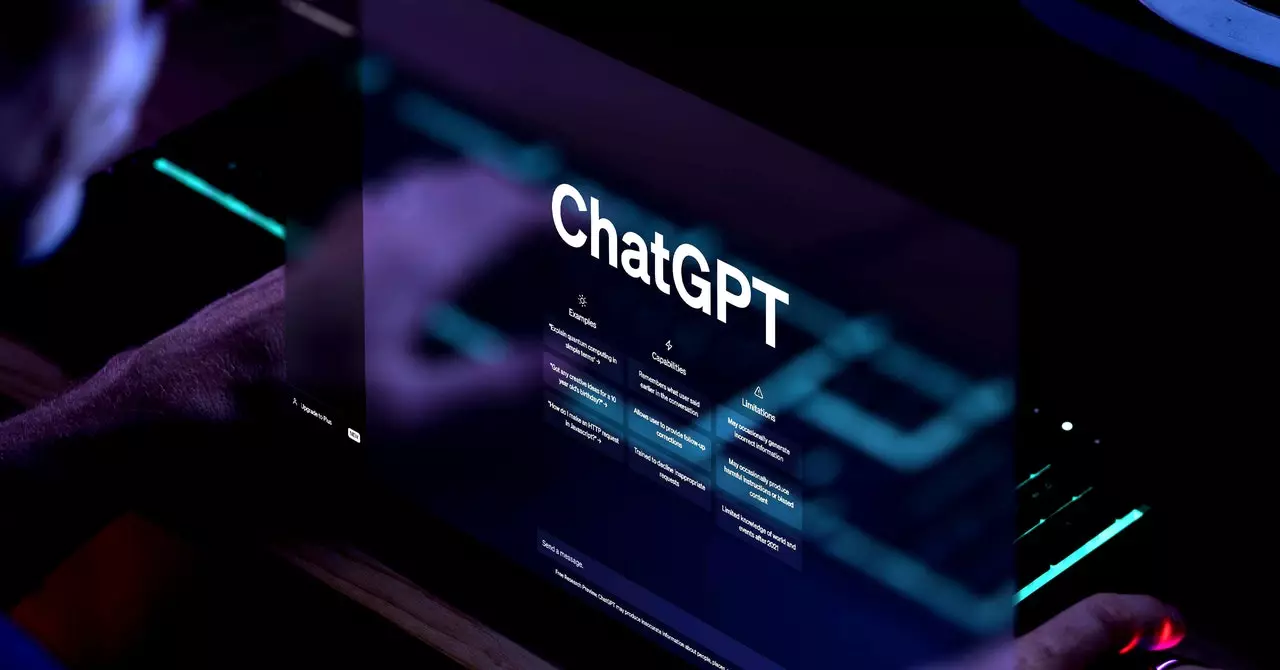OpenAI, the developer behind ChatGPT, was recently criticized by former employees for potentially endangering society by pushing the boundaries of AI technology. To address these concerns, OpenAI released a new research paper aimed at demonstrating its commitment to addressing AI risks by enhancing the explainability of its models.
The new research conducted by the disbanded “superalignment” team at OpenAI, led by Ilya Sutskever and Jan Leike, delves into unraveling the inner workings of ChatGPT. It presents a method to peek inside the AI model to identify how it stores various concepts, including those that could lead to undesirable behavior. This transparency in model interpretation is crucial to mitigate the potential risks associated with advanced AI systems.
ChatGPT operates on large language models based on artificial neural networks, a formidable technology in machine learning. Despite their remarkable capabilities in learning tasks from data, neural networks pose a challenge in understanding their decision-making processes due to their complex structure. This lack of interpretability raises concerns about AI models like ChatGPT being used for malicious purposes, such as designing weapons or carrying out cyberattacks.
In an effort to make AI systems more transparent and accountable, OpenAI’s new paper introduces a groundbreaking technique to uncover patterns representing specific concepts within a machine learning model. By enhancing the interpretability of AI systems, this approach aims to empower researchers to identify and address potentially harmful behaviors exhibited by AI models. Moreover, the release of code and visualization tools related to this work enables stakeholders to gain insights into how different concepts are activated in AI models like GPT-4.
Understanding how AI models like ChatGPT represent concepts is crucial for ensuring ethical AI development. By deciphering the inner workings of these models, researchers can proactively prevent undesirable outcomes and steer AI systems towards more beneficial behavior. This knowledge also opens up possibilities for fine-tuning AI models to prioritize certain topics or ideas, aligning them with societal values and ethical standards.
As the field of AI continues to advance rapidly, the ethical implications of deploying powerful AI systems like ChatGPT become increasingly significant. OpenAI’s research into enhancing the interpretability of AI models marks a significant step towards addressing AI risks and ensuring the responsible development of artificial intelligence. By shedding light on the inner workings of AI systems, researchers can pave the way for a more transparent, accountable, and ethically-aligned AI landscape.


Leave a Reply
You must be logged in to post a comment.